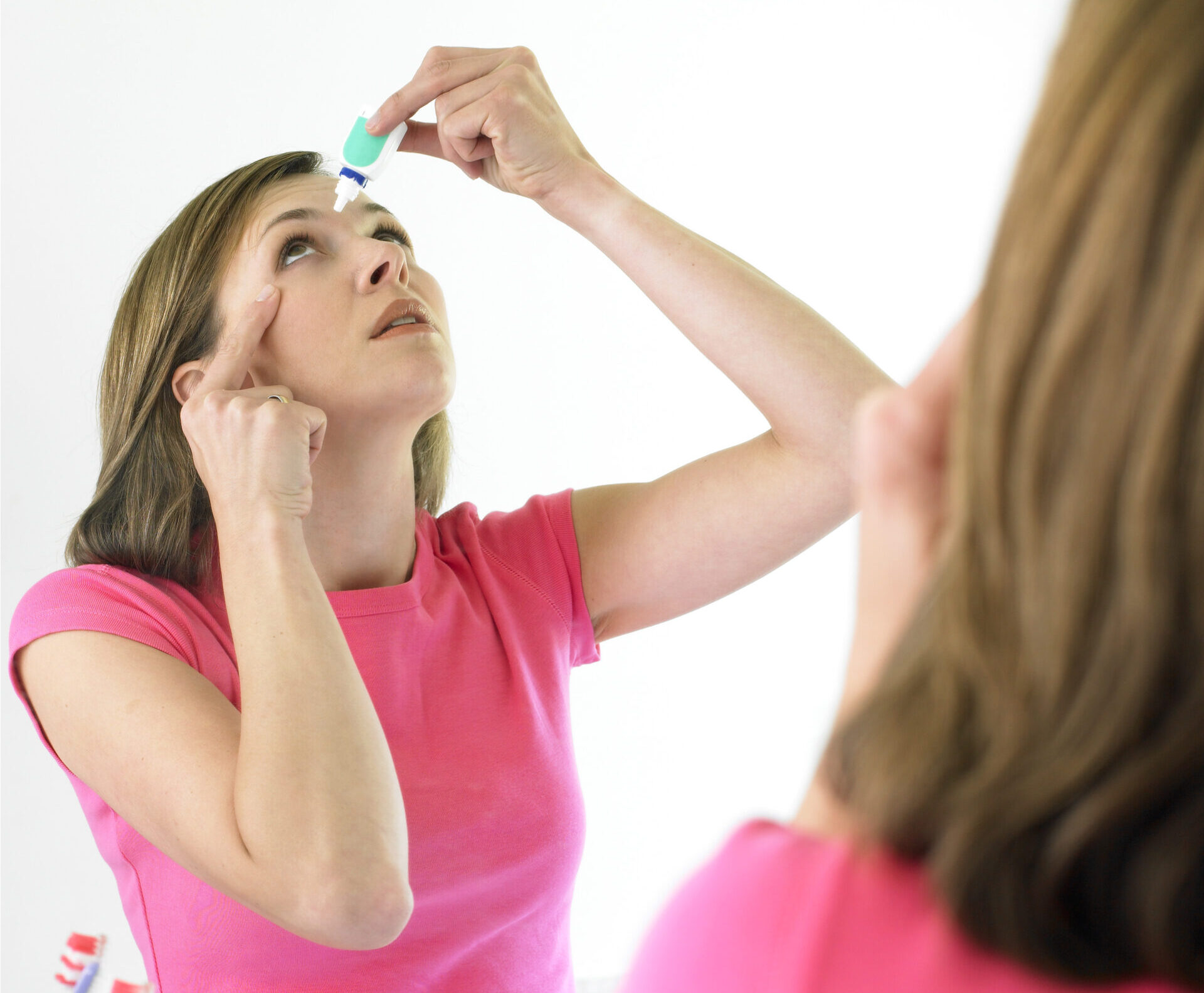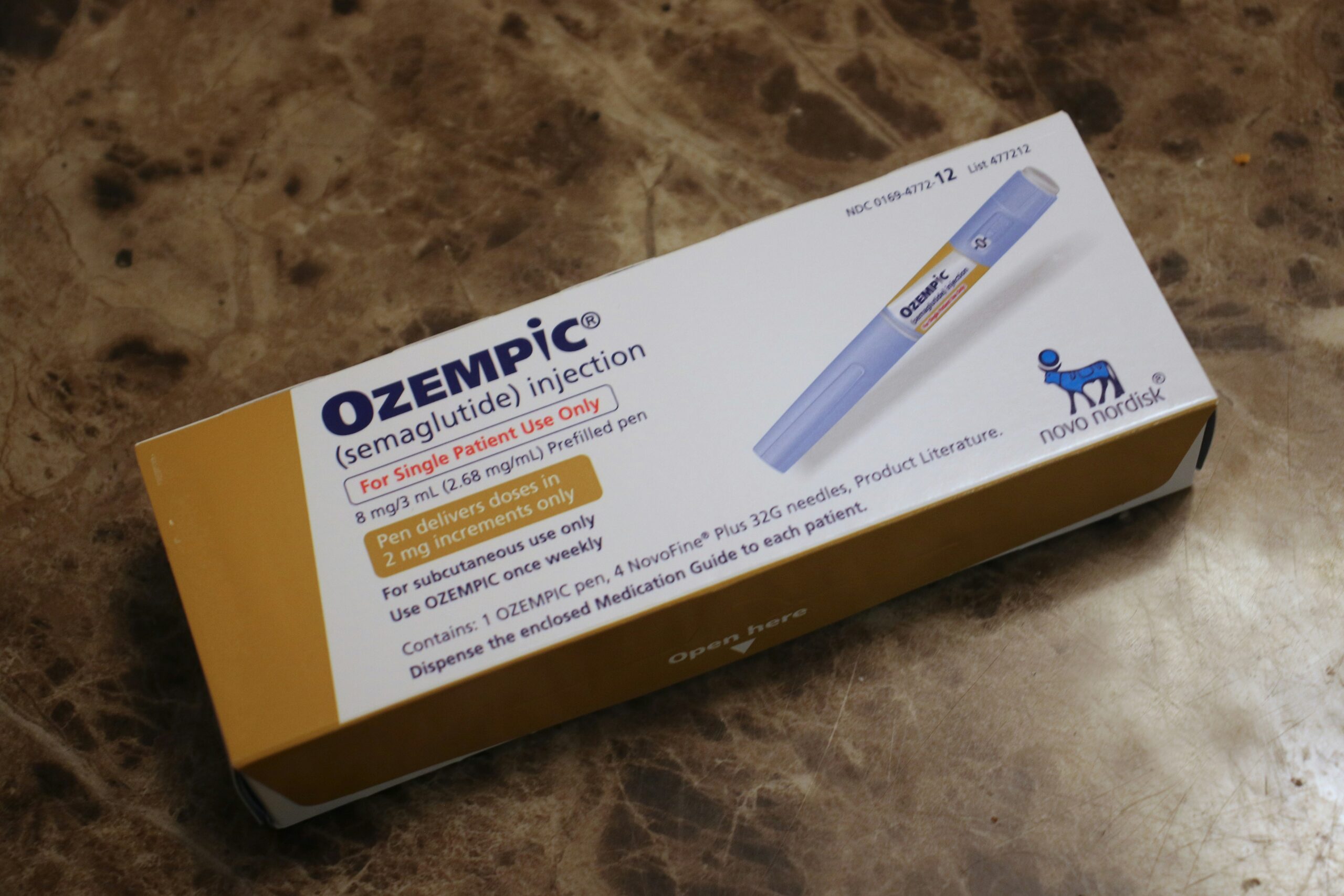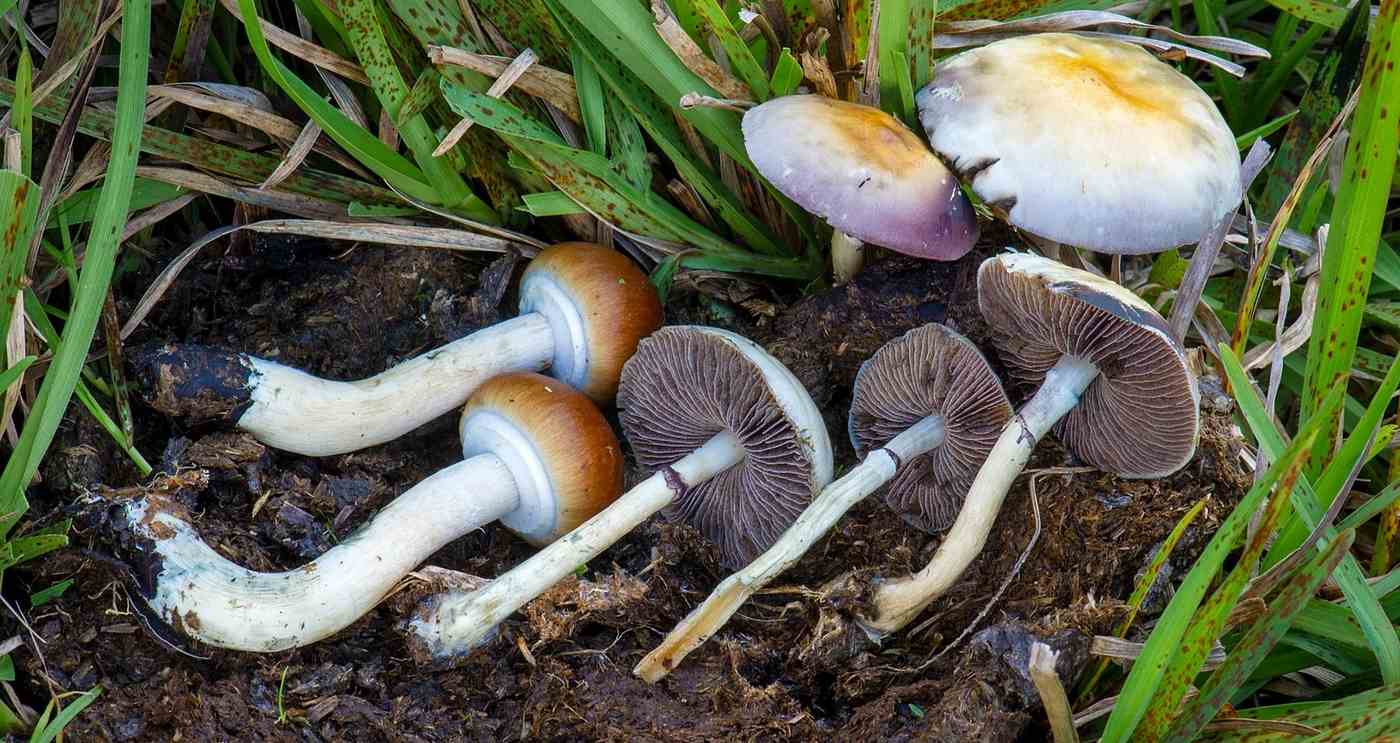In another study on the use of psychedelic compounds as medicine, two doses of psilocybin, the compound that gives “magic mushrooms” their magic, was found to significantly reduce major depressive symptoms in adults when it was combined with assisted psychotherapy.
24 adults were included in the small study that consisted of two five-hour psilocybin therapy sessions with a 24-week follow up, and results seemed to shock researchers at the Center for Psychedelic and Consciousness Research (CPCR) at Johns Hopkins School of Medicine.
“The magnitude of the effect we saw was about four times larger than what clinical trials have shown for traditional antidepressants on the market,” says Alan Davis, Ph.D., professor of psychiatry and behavioral sciences.
Around 11% of adults have regular nervousness, stress, anxiety or other neurobehavioral symptoms, according to data from the CDC, while tens of millions have at some point suffered from chronic anxiety disorder. 1 in 6 will have depressive symptoms during a period in their life.
The CPCR has already run a large number of psychedelic research trials and studies such as MDMA-assisted psychotherapy for war veterans suffering from PTSD, examining DMT users for changes in life satisfaction, and psilocybin in place of a standard SSRI antidepressant for people experiencing life-threatening cancer diagnoses.
In this new trial the researchers looked to see if psilocybin could be effective enough to be utilized as treatment for standard depressive depressive disorders.
The broader population
“Because there are several types of major depressive disorders that may result in variation in how people respond to treatment, I was surprised that most of our study participants found the psilocybin treatment to be effective,” says Roland Griffiths Ph.D., Director of the CPCR and pioneer of psychedelic treatment research.
Rather than targeting “reactive,” as Griffiths called it, types of anxiety or depression — those resulting from traumatic experiences, his team was encouraged by public health officials to explore psilocybin’s effects in the broader population of those with long-term, persistent, and less-defined major depressive disorders, because of the much larger potential public health impact.
For the entire group of 24 participants, 67% showed a more than 50% reduction in depression symptoms at the one-week follow-up and 71% at the four-week follow-up. Overall, four weeks post-treatment, 54% of participants were considered in remission – meaning they no longer qualified as being depressed.
The researchers say they will follow the participants for a year after the study to see how long the antidepressant effects of the psilocybin treatment last, and will report their findings in a later publication.
“Because most other depression treatments take weeks or months to work and may have undesirable effects, this could be a game changer if these findings hold up in future ‘gold-standard’ placebo-controlled clinical trials,” says Davis.
Having started working with Johns Hopkins in 2003, Roland Griffiths was first viewed with skepticism, but has generated not only a large amount of interest in using psychedelic compounds to treat mental disorders through his own work, but created offshoots in other areas of academia that has led to Breakthrough Therapy designations going to other compounds like ketamine, which was passed in a nasal spray form for depression in veterans in the state of Virginia last year.


